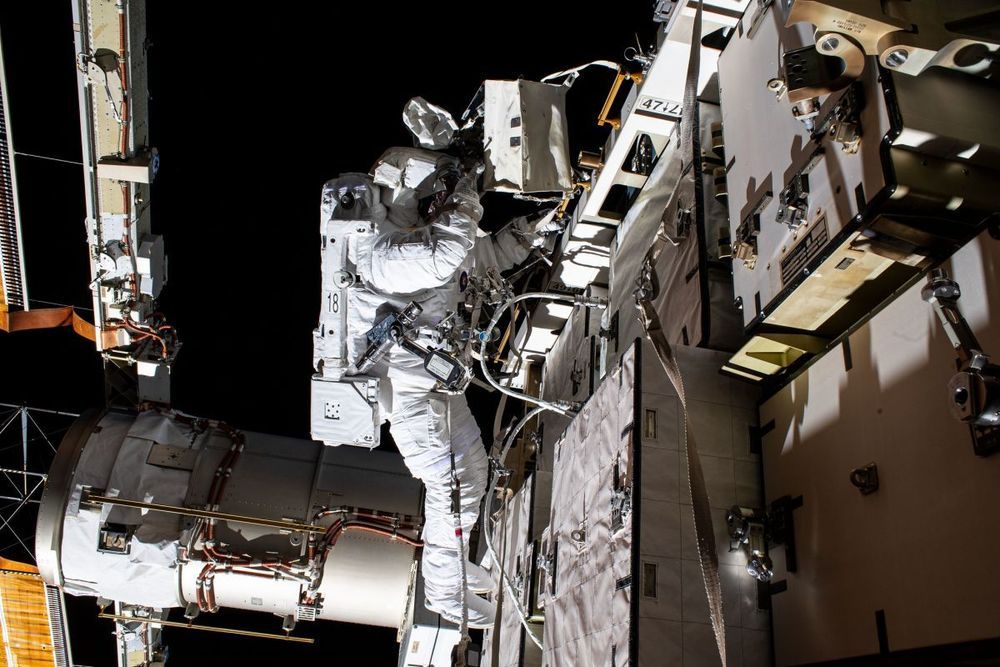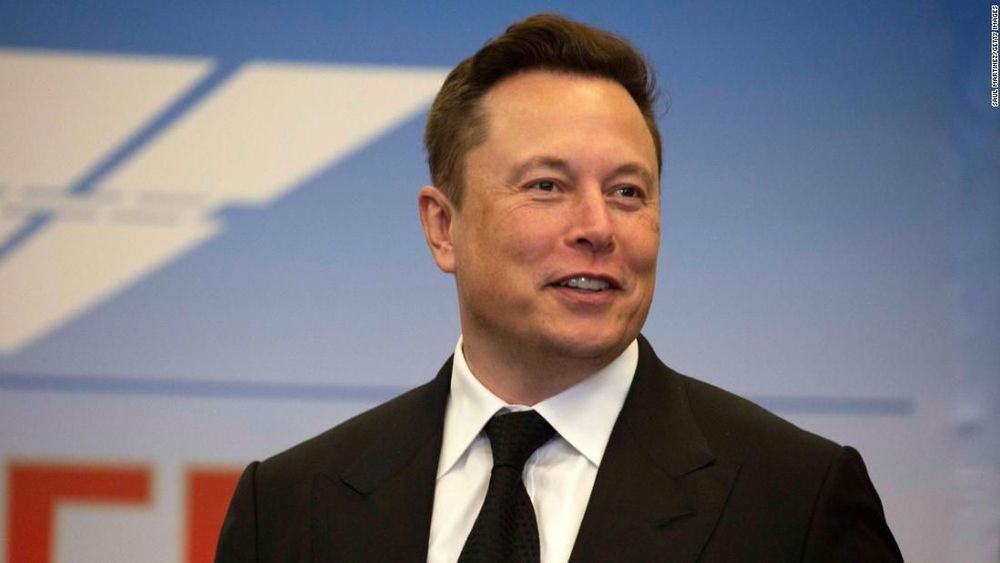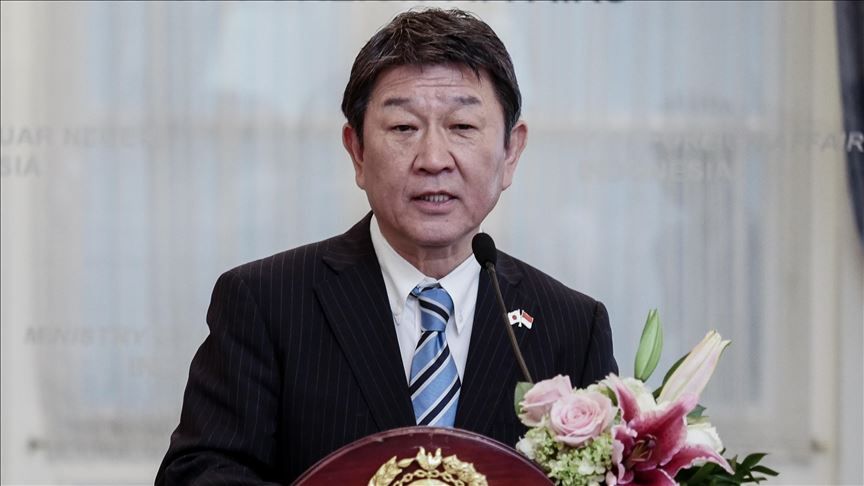So you want to colonize Mars. Well, Mars is a long ways away, and in order for a colony to function that far from Earthly support, things have to be thought out very carefully. Including how many people are needed to make it work.
A new study pegs the minimum number of settlers at 110.
The study is titled “Minimum Number of Settlers for Survival on Another Planet.” The author is Jean-Marc Salotti, a professor at Bordeaux Institut National Polytechnique. His paper is published in Scientific Reports.




